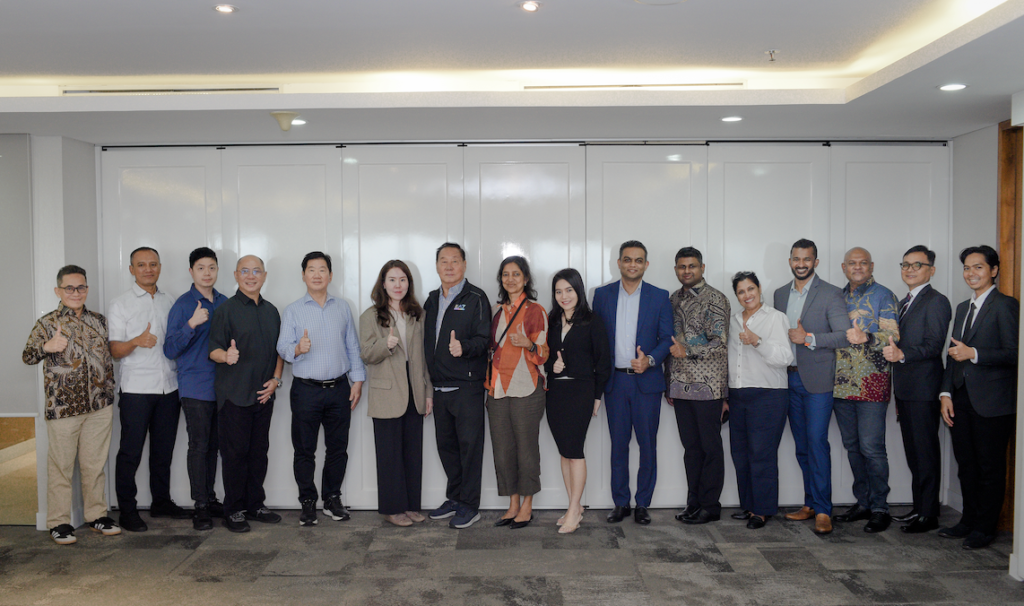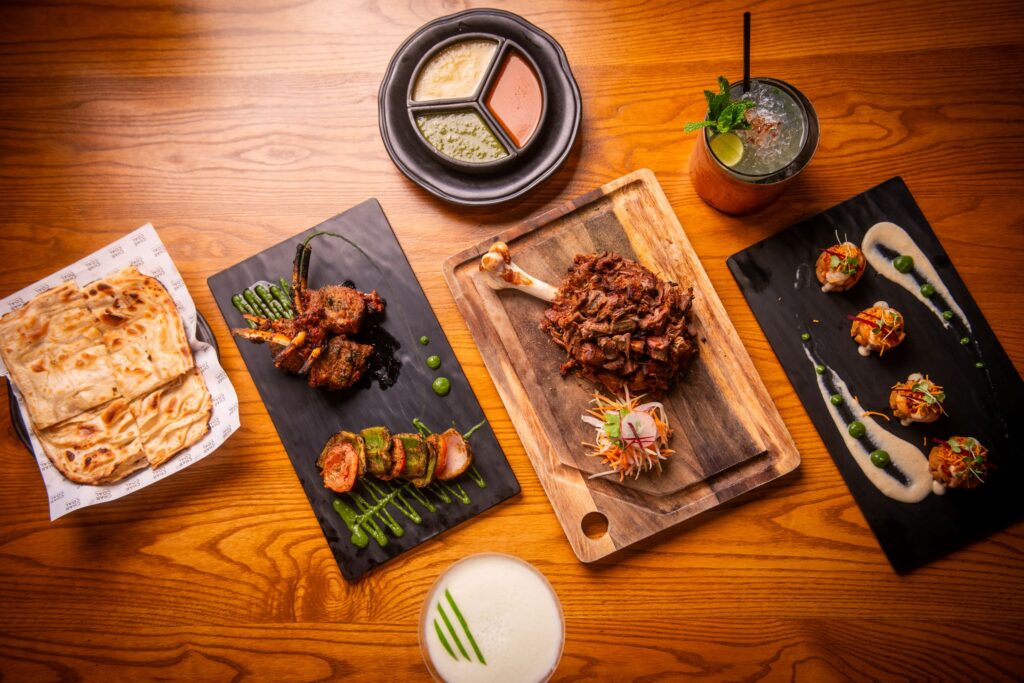The Ceylon Chamber of Coconut Industries extends its sincere appreciation to President Anura Kumara Dissanayake and the negotiating team for securing a reduced 20% reciprocal tariff from the United States. As our largest export market for coconut products, this achievement marks a critical win for the industry, helping Sri Lankan exporters compete more fairly with key regional players such as Indonesia, Vietnam, and the Philippines, who currently enjoy a marginal 1% lower rate.
We also thank the negotiating team led by Dr. Harshana Suriyapperuma, Secretary to the Treasury, for their sustained and strategic efforts since the initial tariff announcement. Their commitment has been instrumental in delivering a fairer and more competitive trading environment for Sri Lankan exporters.
This revised tariff brings Sri Lanka’s coconut exporters into closer alignment with regional competitors while preserving access to the high-value US market.
Despite ongoing raw material shortages and climate-related challenges, Sri Lanka’s coconut industry has shown strong resilience. According to the latest EDB data, exports reached USD 537 million between January and June 2025—a 32% increase year-on-year—contributing 8% to total merchandise exports. The sector is on track to surpass the USD 1 billion milestone this year, reaffirming its role as a key revenue earner for the country.
However, it is important to note that this growth has been driven largely by higher market prices, rather than increased volumes. As competitor countries begin to recover more quickly, Sri Lanka must urgently address domestic supply constraints to sustain its competitive position.
We therefore urge the government to accelerate the implementation of short-, medium-, and long-term strategies to support raw material availability. In particular, smallholders—who account for 85% of coconut plantations—must be supported through greater access to affordable fertiliser, irrigation tools, and planting material. Expanding the cultivated area through public-private collaboration will be critical to ensuring long-term supply stability.
A stable, affordable domestic coconut supply will benefit both the local consumer and the export sector, strengthening livelihoods, enhancing rural development, and boosting foreign exchange earnings.
Once again, we thank all stakeholders involved in achieving this milestone. We extend our best wishes to the government’s ongoing negotiations for further reductions or exemptions for selected product lines, and reaffirm our full commitment to supporting the continued growth of Sri Lanka’s coconut industry.
We also thank the US President Donald Trump and the American people for their considerate approach towards Sri Lanka.









